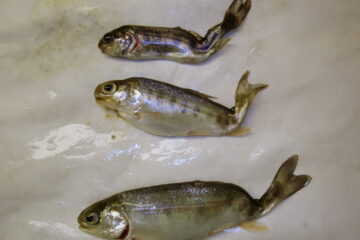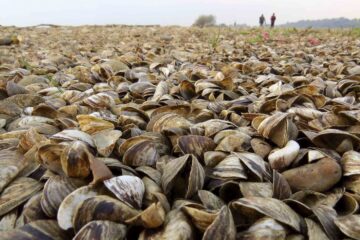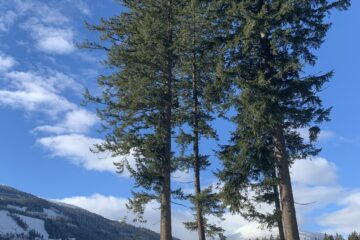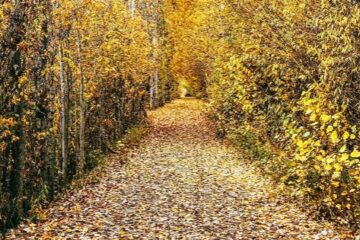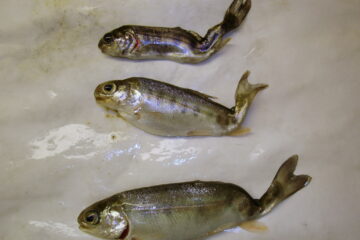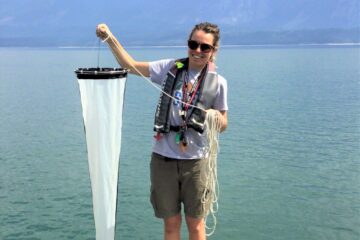Events
CSISS Raises Alarm Over Whirling Disease Detection at Emerald Lake, Yoho National Park
Press release – January 2024 Columbia Shuswap Invasive Species Society (CSISS) Raises Alarm Over Whirling Disease Detection at Emerald Lake, Yoho National Park Photo caption: Rainbow trout infected with whirling disease which damages the backbone of the fish causing them to swim in a “whirling” pattern. Image: Sascha Hallet, FishPathogens Read more…
